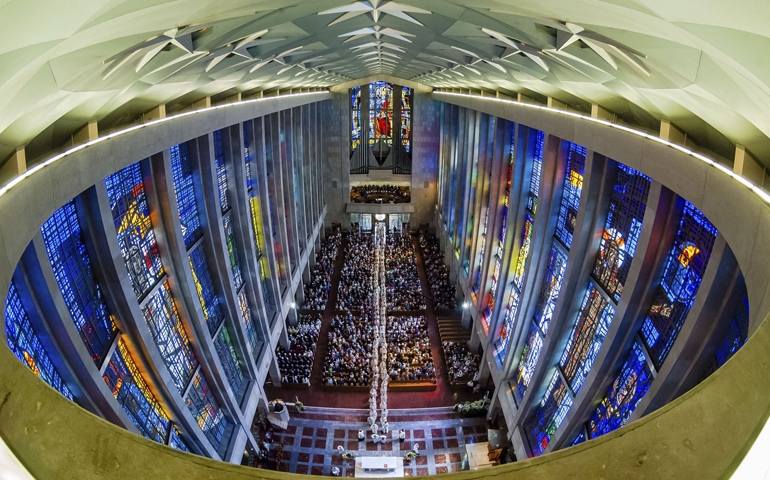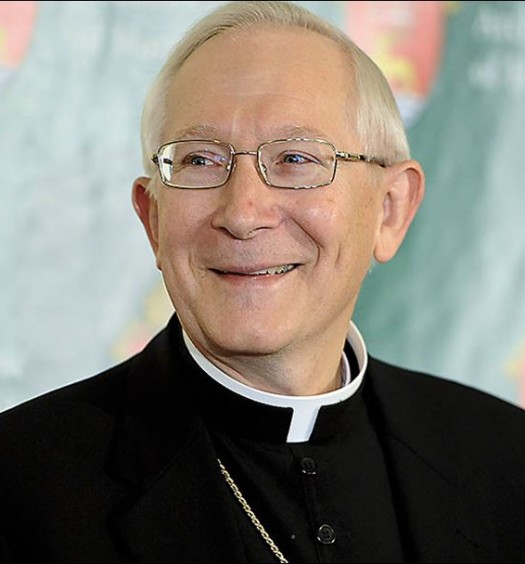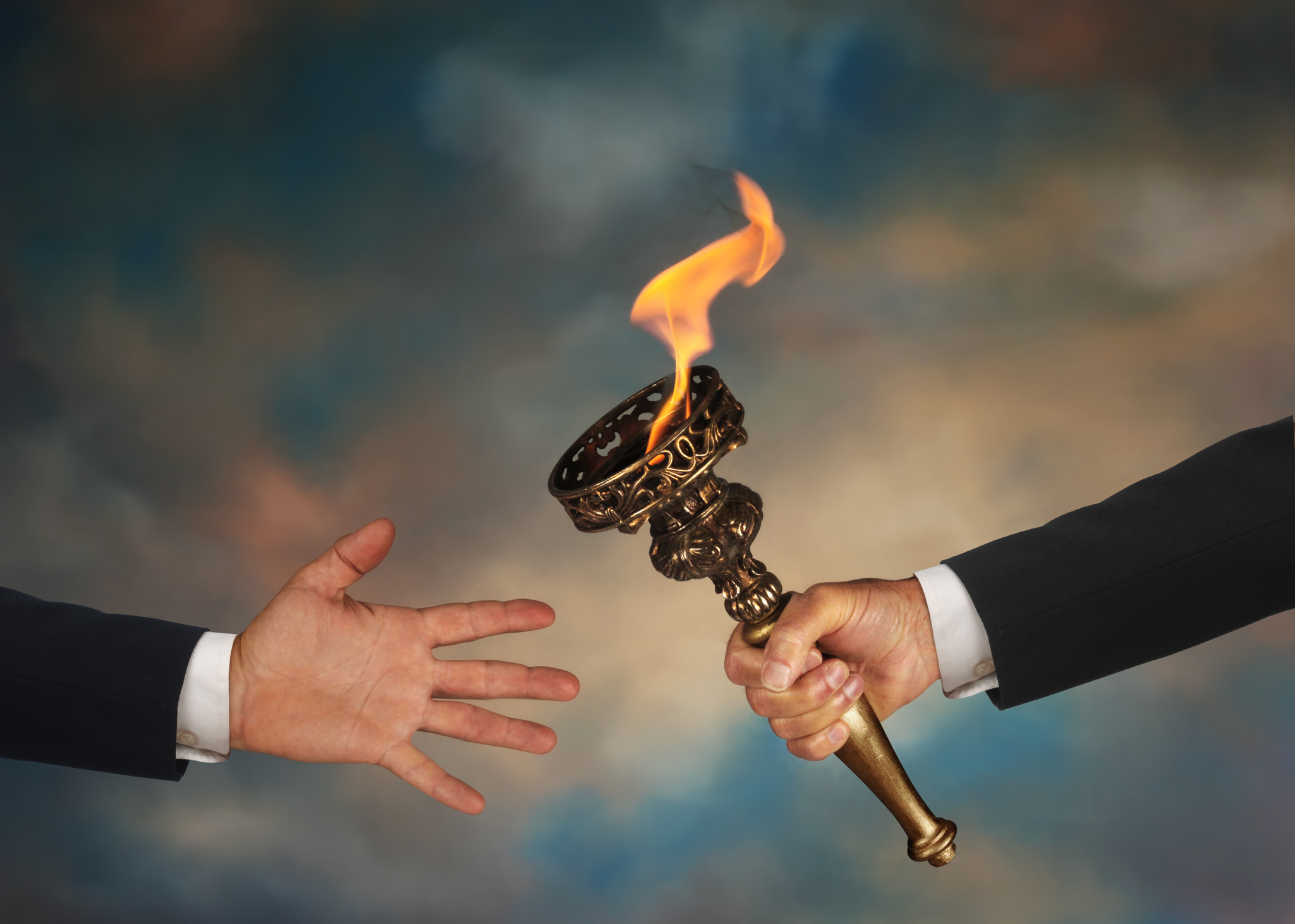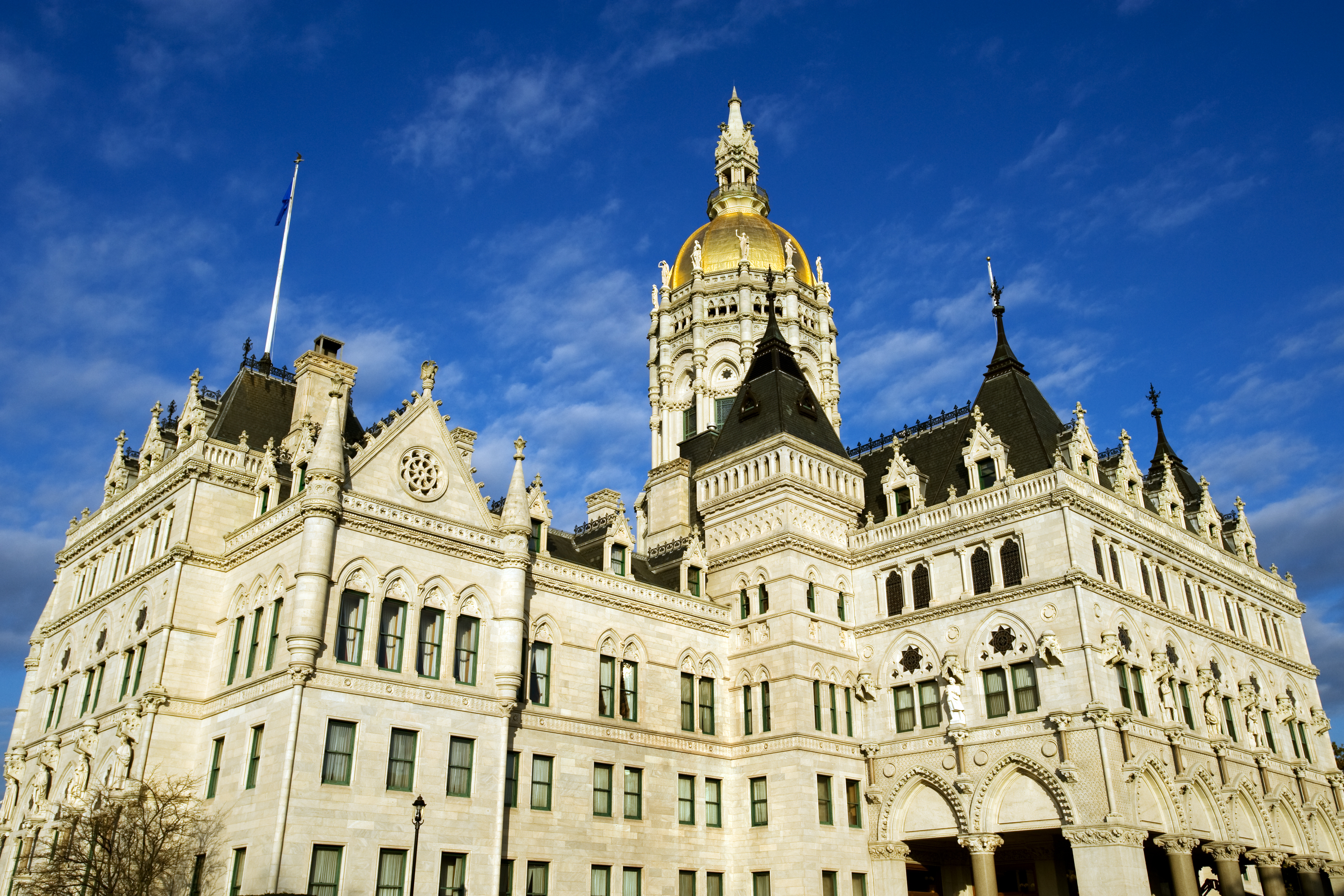And The Ex-Catholics You're Not Hearing About
You have to admire their chutzpah.
The National Catholic Reporter, the Bible of the Catholic Left (as opposed to other Catholics whose Bible is, well, the Bible), has an article claiming that Connecticut has the nation’s largest percentage of ex-Catholics. “Why does Connecticut lead the nation in disaffected Catholics?” asks an NCR headline.
It’s a good question. But NCR’s choice of “prominent Connecticut Catholics” whom it sought out for answers is ridiculous.
If you don’t remember Paul Lakeland, you should. He and the Bridgeport Diocese’s “Voice of the Faithful” chapter were widely believed to have played a major role in the origins of S.B. 1098, the notorious 2009 bill introduced by the Connecticut Judiciary Committee under their then-chairmen, Michael Lawlor and Andrew McDonald. The bill would have used the heavy hand of the state to strip Connecticut’s bishops and priests of financial authority over their parishes and replaced them with some other governing structure for the Catholic Church.
The NCR tiptoes lightly around this incident: “Reaction to the scandals included a proposed state law which would have put state regulations over church finances, an unprecedented proposal which was only quashed after an intense lobbying campaign by Connecticut’s dioceses.” In fact, as Wikipedia remembers it, “On March 11, 2009, a scheduled protest by 3500 marchers became a celebration following the news that the bill had been tabled.”
So the “prominent Connecticut Catholics” that the NCR sought out for answers on the Church in our state are people whom thousands of Connecticut Catholics protested against on a Wednesday. Could there have been any “prominent Connecticut Catholics” less connected to what Catholics in Connecticut want than Paul Lakeland and his co-conspirators?
Still, the question remains: What do Connecticut Catholics want? Why does Connecticut lead the nation in disaffected Catholics, if in fact it does?
No doubt the NCR has a point about banal liturgies and homilies. So does Bridgeport Bishop Frank Caggiano when he says “We are reaping the entire disregard of an entire generation in catechesis and parish life.” The Church, to its credit, is working on correcting these problems.
What about NCR’s claim that it is the Church’s conservatism, particularly its opposition to same-sex marriage, that drives Connecticut’s Catholics away? Given Family Institute of Connecticut’s prominence on that issue, what do we have to say about that?
The NCR is half-right. There are Catholics who left the Church precisely because she was faithful to her Lord. But becoming apostate to win them back is not the answer. Besides, as I wrote at the time of Archbishop Leonard Blair’s installation in Hartford:
“…there no longer is an indigenous, organized opposition to the Archbishop of Hartford of the kind that staged various forms of protest against then-Archbishop Daniel A. Cronin 20 years ago. WNPR would have you believe Connecticut Catholics get together after Mass to discuss women’s ordination over doughnuts. That has not been the case for most of us for a long time.”
There is another group of ex-Catholics in Connecticut, one you will never hear about from the NCR or mainstream media. I am referring to Evangelicals who were once Catholic. I would estimate about 80% of FIC’s Evangelical members are former Catholics. They tend to be some of the most committed pro-life and family activists in either community.
Contrary to the NCR’s agenda for Catholic renewal, I know several people who became pro-life first and then became Catholic because of the Church’s pro-life witness. And I know plenty of people who went in the other direction because the Church’s witness seemed to them to waver. And they are scandalized by the fact that all the Catholic politicians who hold high office in Connecticut are against the Church on life and marriage.
There is not much we can do for ex-Catholics who left the Church precisely because she was faithful to her Lord. But it is that second group, those who left Catholicism and became Evangelicals because they felt they had to in order to be in relationship with Christ, that should cause all of us who are Catholic to examine our conscience.

















